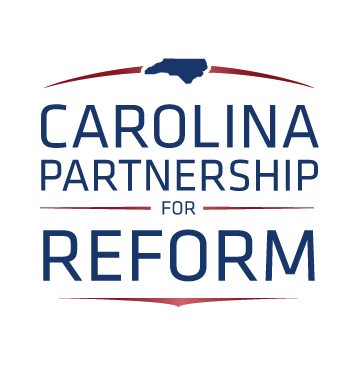“Antisemitic”: Nearly 200 UNC Professors Condemn University Event
Letter references UNC-sponsored event at which participants called Oct. 7 massacre “a beautiful day”
Signatories include former chancellors Moeser and Thorp, law professor Gene Nichol
Nearly 200 current and former UNC faculty and administrators signed onto a letter forcefully condemning a Nov. 28 event sponsored by the university.
The event, titled “No Peace Without Justice: A Round-Table Talk about Social Justice in Palestine,” featured speakers who called the Oct. 7 massacre of Israeli civilians “a beautiful day” and spoke poetically about Hamas terrorists learning to fly hang gliders. The UNC Department of Geography and Environment, the UNC Center for Middle East & Islamic Studies, and UNC’s Student Life & Leadership sponsored the event.
In their letter, the signatories wrote:
Views expressed at the event were antisemitic — including celebrating the targeted massacre of Jews as a “beautiful day” — and contribute to a hostile work and learning environment on campus for Jewish faculty, staff, and students…
Sponsorship by academic units and the failure to disavow the event after the fact implicitly sanctions antisemitic speech that harms people and is wholly at odds with the values of our campus community and institution.
The signatories include a number of well-known names from the UNC community, including former chancellor James Moeser, former chancellor Holden Thorp, law professor Gene Nichol, and faculty chair Mimi Chapman.
It seemed unlikely to us until this moment that we would ever send out a message agreeing with Gene Nichol and Mimi Chapman – but we are, and we generally do (the idea that speech “harms people” is still a sticking point).
Implicit in the entire post-Oct. 7 conversation is the question of where, if anywhere, universities should draw the line. A university-sponsored event celebrating as “beautiful” the slaughter of 1,200 people murdered because of their nationality, religion, or ethnicity seems an obvious place to start.
There has been some handwringing about a new law that requires North Carolina’s public universities to “remain neutral, as an institution, on the political controversies of the day.” That language, the thinking goes, may compel university leaders to remain silent.
We would contend the mass murder of Jews is not a political question in controversy – it’s a pretty firm “we’re against this,” as a matter of American policy and politics.

